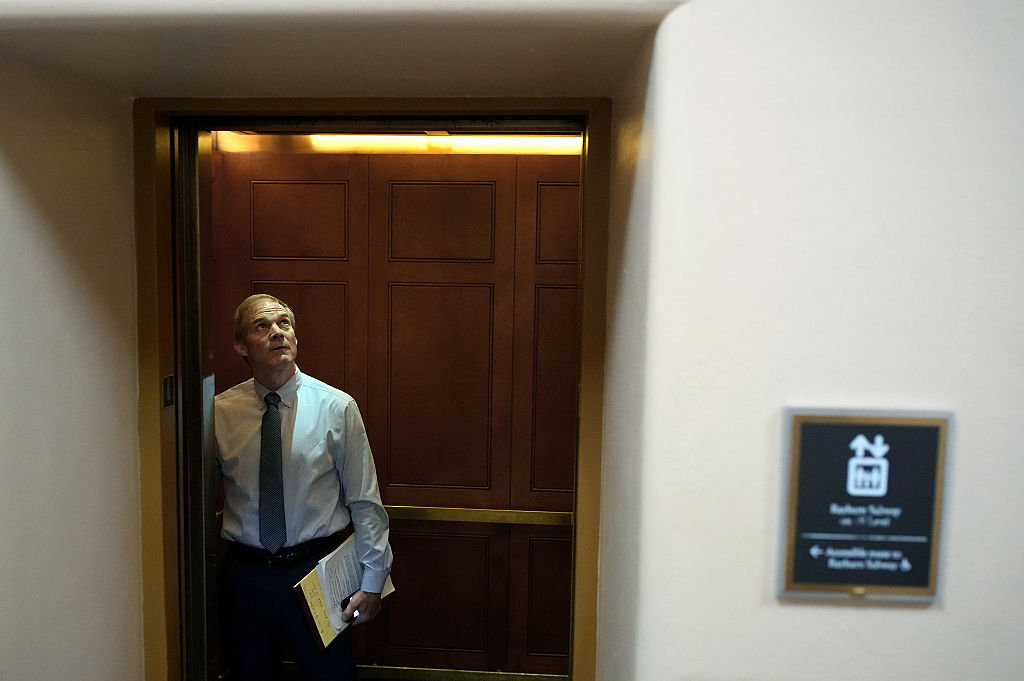To anyone who’s ever dismissed Gen Z as a cluster of feckless snowflakes, or shunned them as gritless, superficial posers raised on instant gratification and social-media filters; to anyone who thinks this juvenile rabble will never amount to more than bitter complainers about rising house prices and corrupt capitalism — I implore you! Take a moment to consider that these zoomers, these mini millennials, these whiny warriors of wokeland, have just instigated the labor market trend we didn’t know we needed: the rise of the lazy-girl job.
If you instinctively recoil at any new phrase with “girl” in it — “hot girl summer,” “girlboss” — I’m right there with you. But this has nothing to do with the post-Covid, phoenix-from-the-ashes-style resurrection that saw young people turn ferally debaucherous in Cancun and Punta Cana after months of lockdown-imposed social starvation. No, no. The rise of the lazy-girl job constitutes a noble philosophy — a movement — that will not only save our bodies, but our relationships and sanities, too.
Here are the basics. In May this year, twenty-six-year old Gabrielle Judge — who styles herself “Antiwork Girlboss”— posted a TikTok in which she espoused the virtues of finding work that was low-stress and decently paid. She struck a chord — or the algorithms aligned — and the post went viral. A lazy-girl job, she explained, is one that you can quiet-quit. In other words, you can do it without expending too much brain energy and without endangering your sanity. You can do it from anywhere, on flex-time or in a good old-fashioned nine-to-five workday deserving of Henry Ford’s approval. It’s a job that doesn’t have to become inextricably intertwined with your sense of self-worth or personal identity. It’s something that, while paying the bills, will always, unequivocally and unconditionally, come second in importance to activities that are unpaid and really, really fun.
For centuries, social movements have been shaped by children rebelling against the customs and behaviors of their parents. Through history — from fashion, to music, to politics, to drug use — kids have pushed past the boundaries of what their elders might consider appropriate and acceptable. The Overton Window perpetually shifts. So it’s no surprise that we’re witnessing a revolt against the cult of presenteeism and workaholism that solidified in the 1980s and 1990s — the heyday of shiny new management theory and jet-setting consultants billing twenty-five hours a day.
Gen Zers might be misguided on many things, but they’re quite right to call time on a lifestyle that glamorizes overtime, burnout and the ceaseless rat race. They seem to realize that there is more to life than the indefatigable quest for more air miles, more status and more cash. They’re doing us all a favor by pointing out the obvious: that work should be fulfilling, but only to the extent that it enhances the good stuff associated with being alive. Professional pride won’t save you from everything. It certainly won’t save you from divorce, depression, or that stress-induced heart attack suffered in business class — two Martinis and six espressos deep — somewhere above the Atlantic Ocean. She was only fifty-two, they’ll whisper back in the office.
But drama aside, what exactly are these lazy-girl jobs? A quick search yielded plenty of results and, I must say, they weren’t what I expected: tech programmer, customer-service manager and marketing associate. Definitely not phrases that I would naturally associate with idleness. To my utter surprise, even freelance writer made some of the lists, triggering a moment of unforeseen introspection on my part: Am I actually a lazy girl? Are you actually a lazy girl? Have we all, inadvertently, joined the battle for work-life balance?
For all the boundless enthusiasm that I have for the spirit of the lazy-girl job, I can’t quite buy into the actual wording. “Lazy” is just not accurate; it only perpetuates the undeserved stereotypes heaped upon Gen Z. Instead, “lazy girls” are principled, perhaps. Conscientious objectors to reckless behavior, maybe. Unafraid of allowing the maelstrom of professional stress to subsume their entire existence, potentially. But “lazy?” Seems a stretch. I also question why we’re limiting this to girls. What about the boys who are fed up with the rat race?
So Gabrielle Judge, thank you for your virtuous service to our universally broken culture of white-collar work. Thank you for unashamedly celebrating the value of mediocrity and the power of being a middling employee who probably spends some time clock-watching. You’ve shifted the narrative more than any LinkedIn workplace-influencer claiming to be eradicating the labor market’s mushrooming mental health crisis one corporate hashtag at a time.
Your branding’s a little off, but as an aging millennial who’s never been on TikTok, who am I to mount my high horse and tell you what works and what doesn’t? Bottom line is that I’m in. I’m a fully-fledged, card-carrying lazy girl. Lazy girls of the world, unite! The only thing we have to lose is our regret. And our corporate Amex.
This article was originally published in The Spectator’s October 2023 World edition.

























